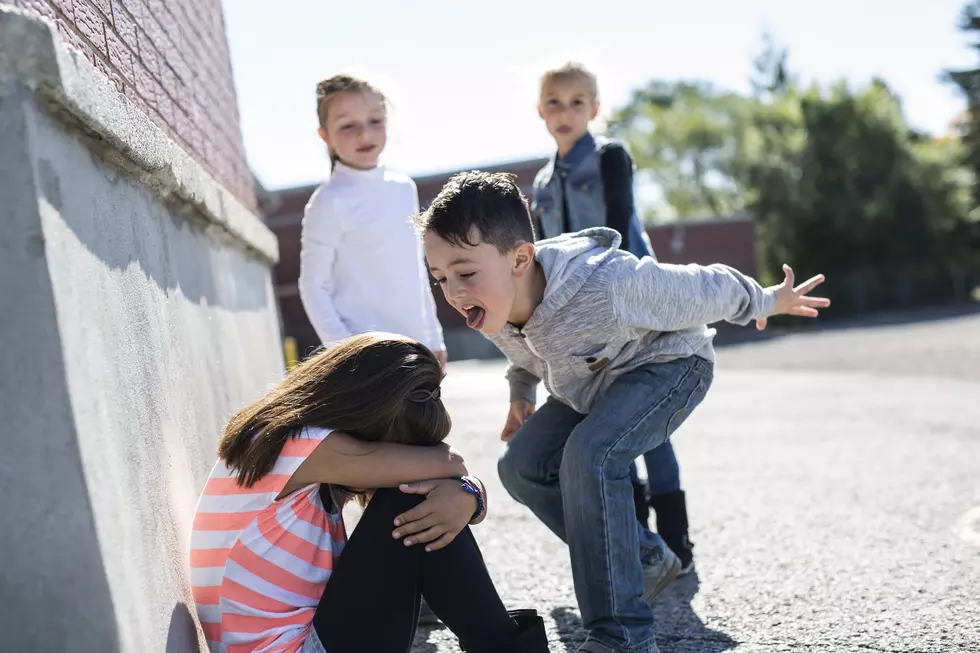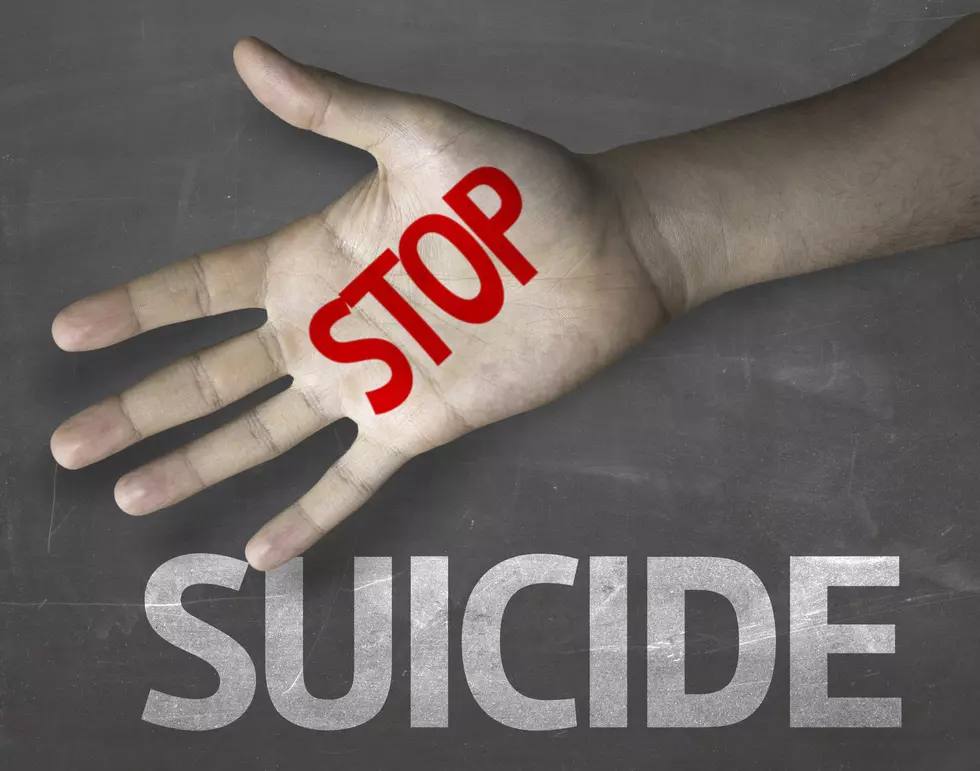
Bullying can take a toll on a teen’s mental health
Bullying can take a toll on a teen's mental health.
The Pew Research Center reports that 59% of teens say they had been bullied or harassed online and many feel that teachers, social media companies and politicians are doing little to address this issue.
Nicole McQuillen, a licensed clinical social worker and senior vice president of children and family services for Care Plus New Jersey, said bullying can have an impact on teens because they have a sense of wanting to fit in. If they are being bullied because they stand out, that becomes a big problem because teens are at an age where they want to be included.
Parents may start to see signs of bullying. McQuillen said keep an eye out if kids are not enjoying things like they used to. They may exhibit signs of anxiety, depression, have difficulty sleeping and academic problems. They may also isolate themselves from family and friends when they would normally be excited to be around them.
She said it is possible that kids can suffer long term from the effects of bullying but it depends on the resiliency of the child and the resources available to them. If kids get intervention early enough, they will have a better way of coping.
McQuillen also said social media does play a role in bullying. Kids as young as fifth grade want cell phones and they want to be part of social sites such as Snapchat and TikTok. Depending on a parent's involvement and limiting screen time, social media can lead to cyberbullying.
There is a correlation between bullying and suicide, too. McQuillen said suicide rates due to bullying are on the rise among younger children. She said girls have more suicide attempts and boys have more successful completions.
McQuillen added that a school's top concern is typically academics and education. But she said laws and policies are being implemented where schools are starting to teach about mental health in grades K-12.
Parents need to leave the door open with their child so they are "in the know." Parents are busy juggling so many responsibilities these days between work and financial issues , that it could be difficult to be present for their kids. But she said if a child does disclose to parents they are being bullied, a parent's initial reaction may be to get upset and protect the child. But try not to escalate in front of the child. Take the information and figure out the next step. Find someone in the school with whom the parent has a good relationship and have a conversation.
Parents should also notice what the culture of the school is, said McQuillen. That's because a lot of the schools are concerned about legal ramifications if a parent comes in and makes a bullying accusation.
She said schools are receptive to putting support systems in place like identifying a key person in the school that the student can go to to confide in. It could be a teacher, a coach, even the school nurse.
"Getting the information from your child, getting a connection in the school and coming in in a neutral way to explore what's going on and what can be done" is the best route a parent can take regarding bullying in the school, said McQuillen.
More from WOBM News:
More From Beach Radio










